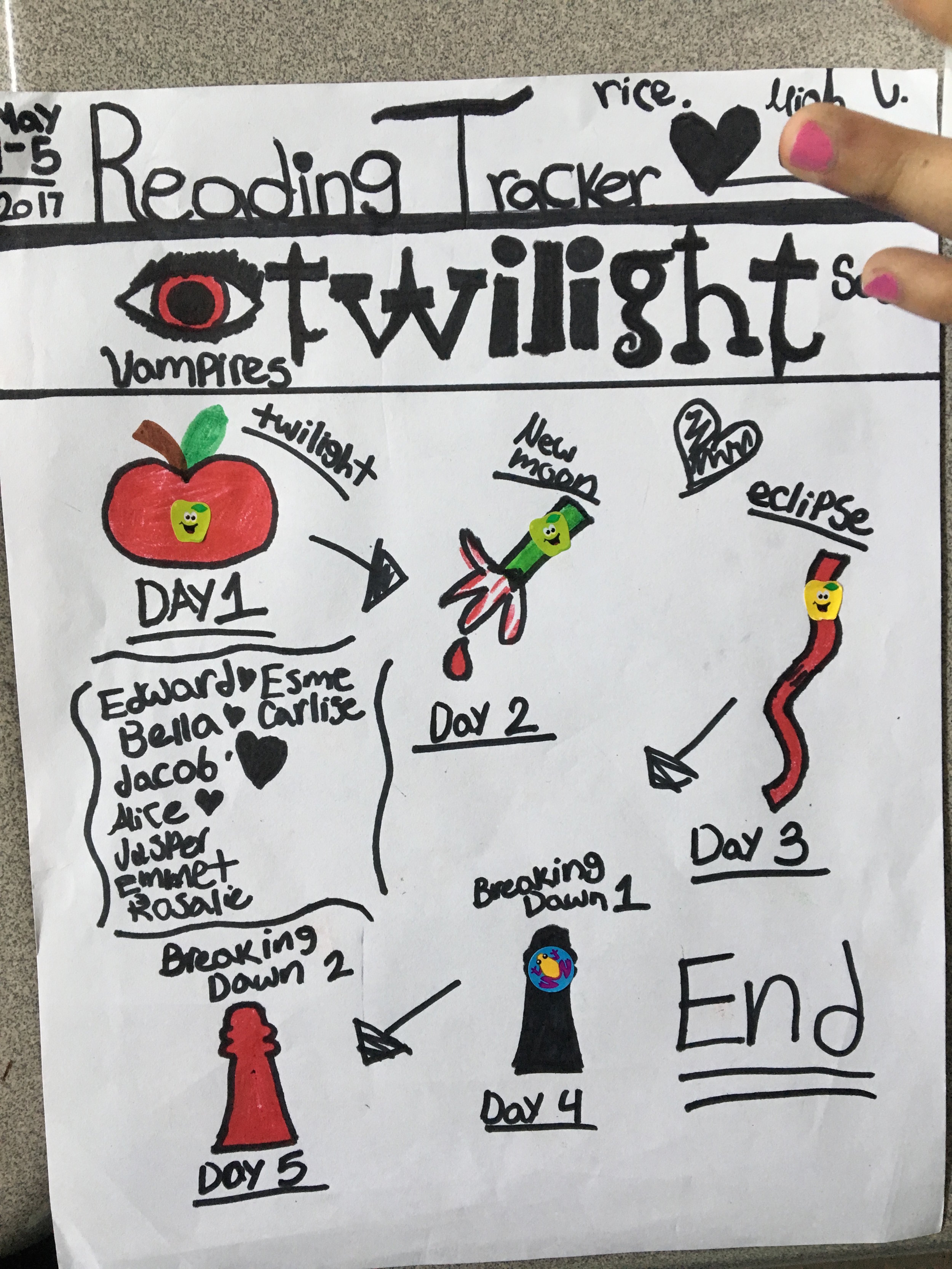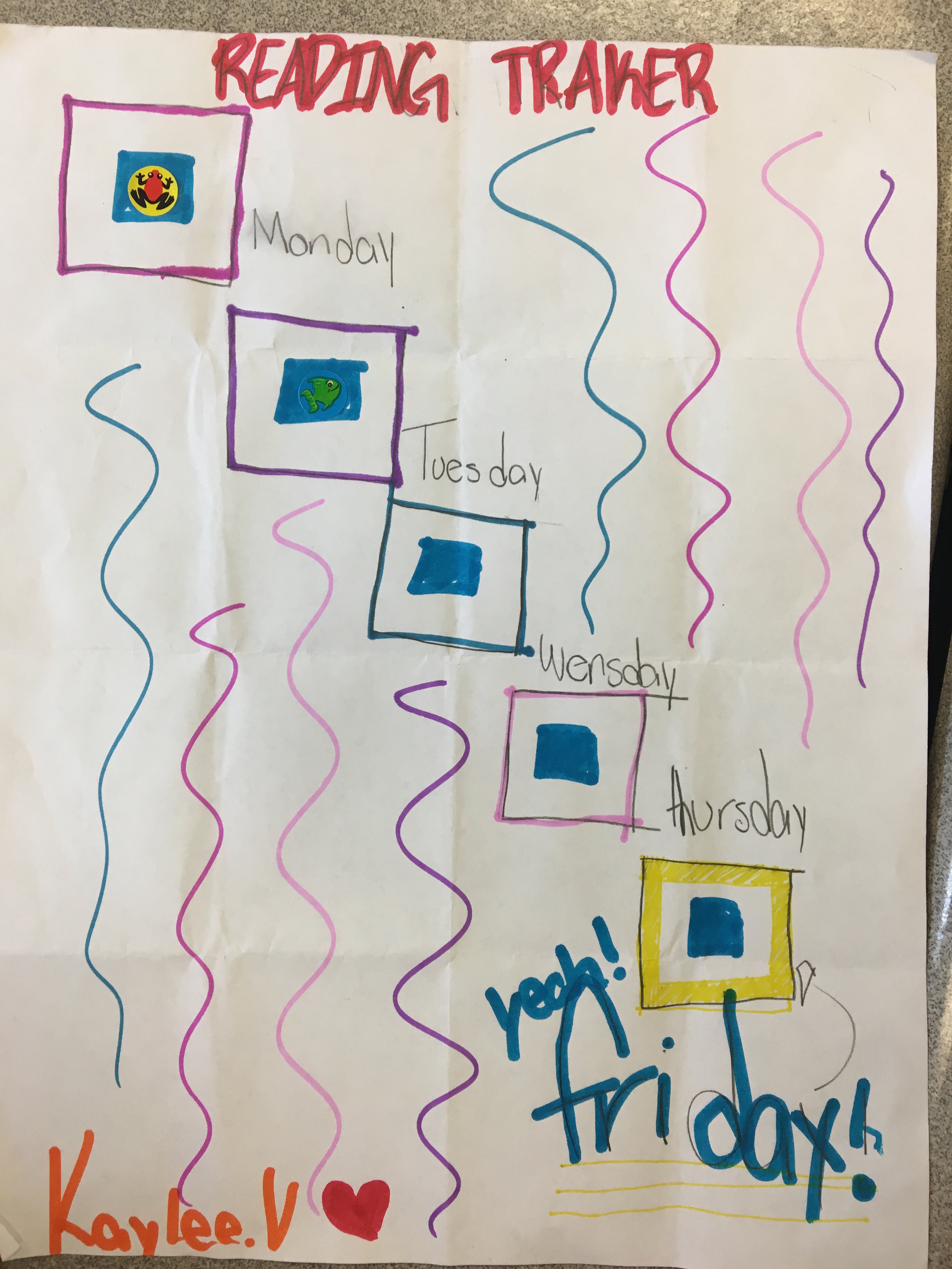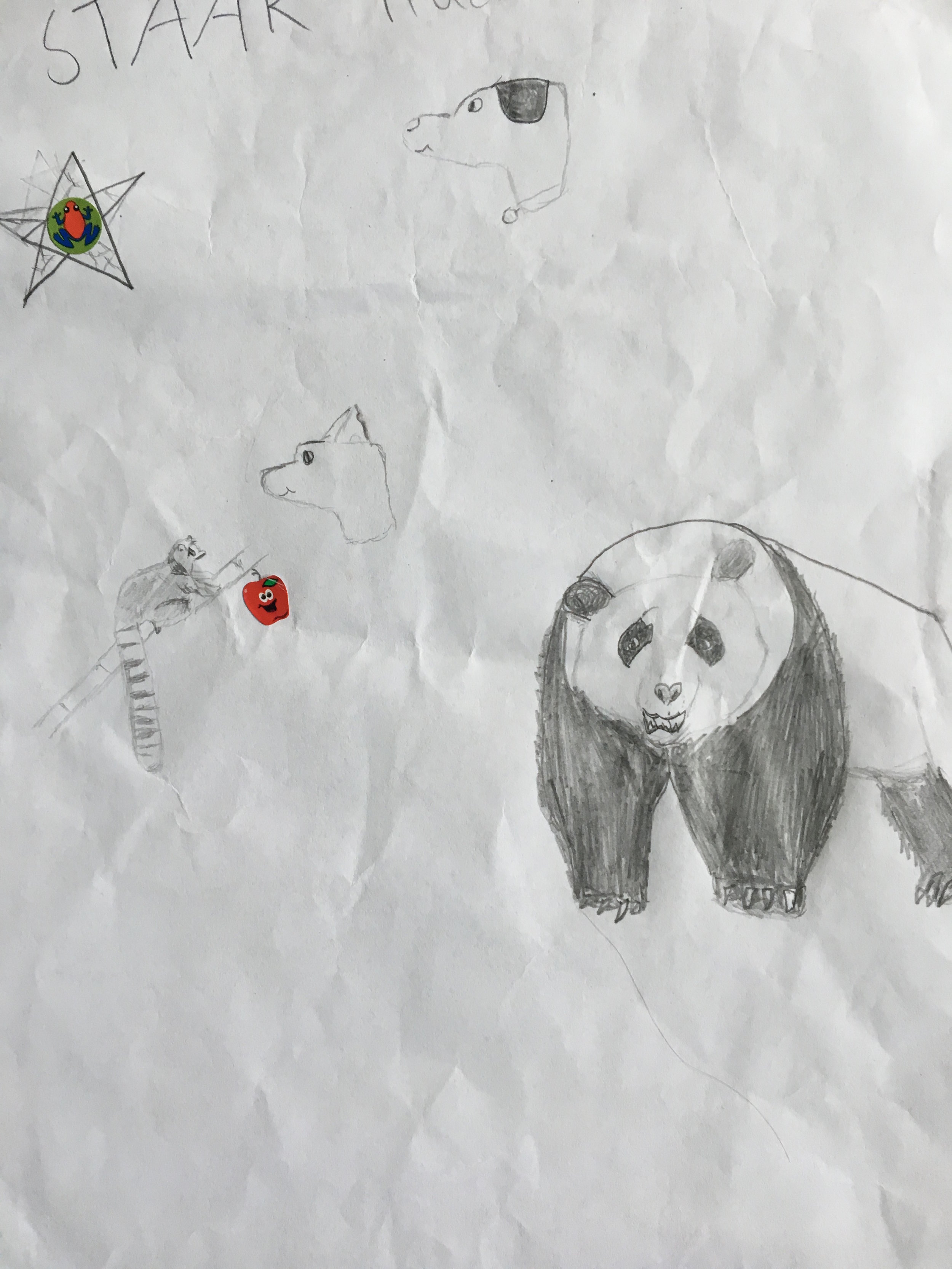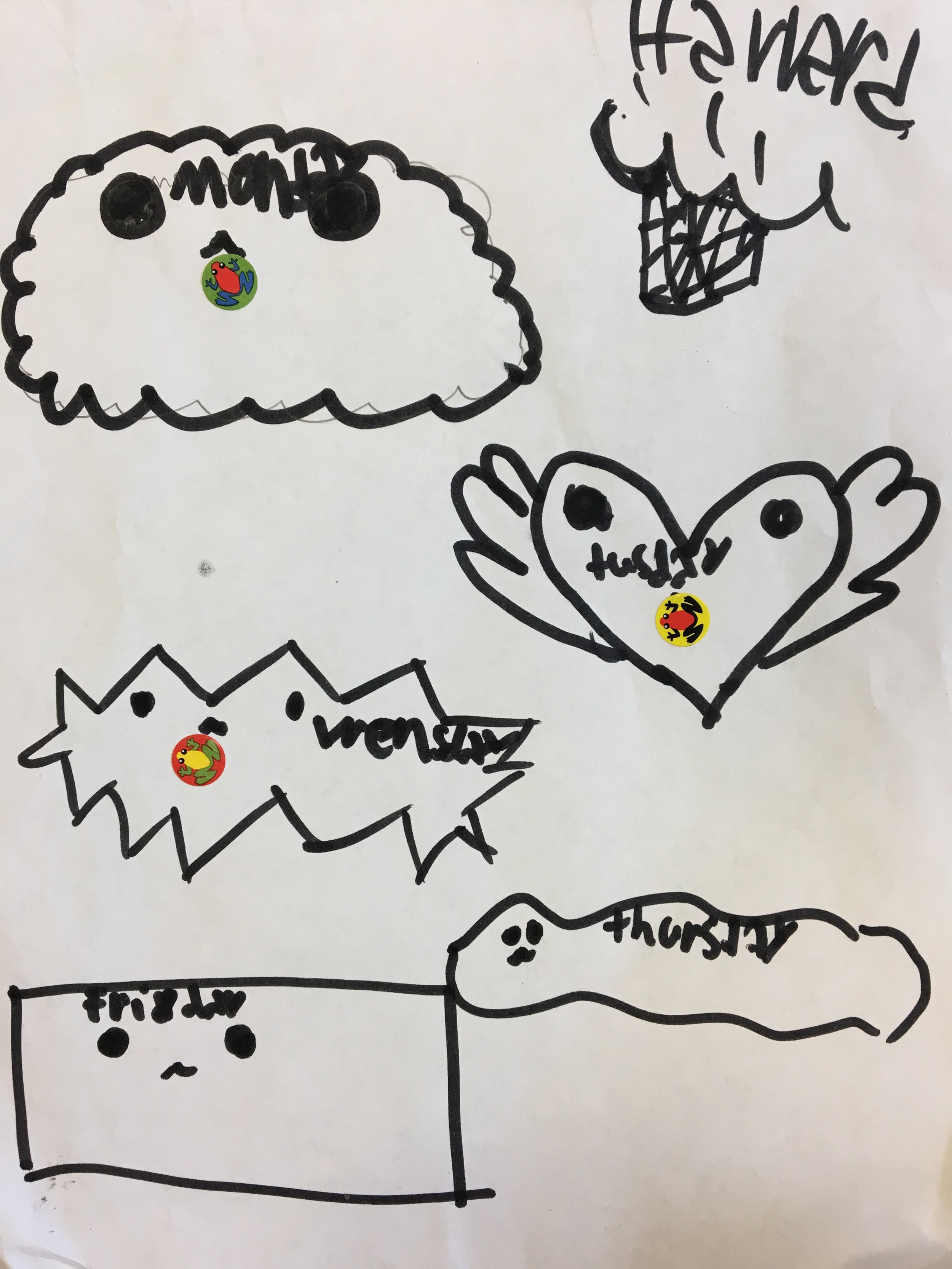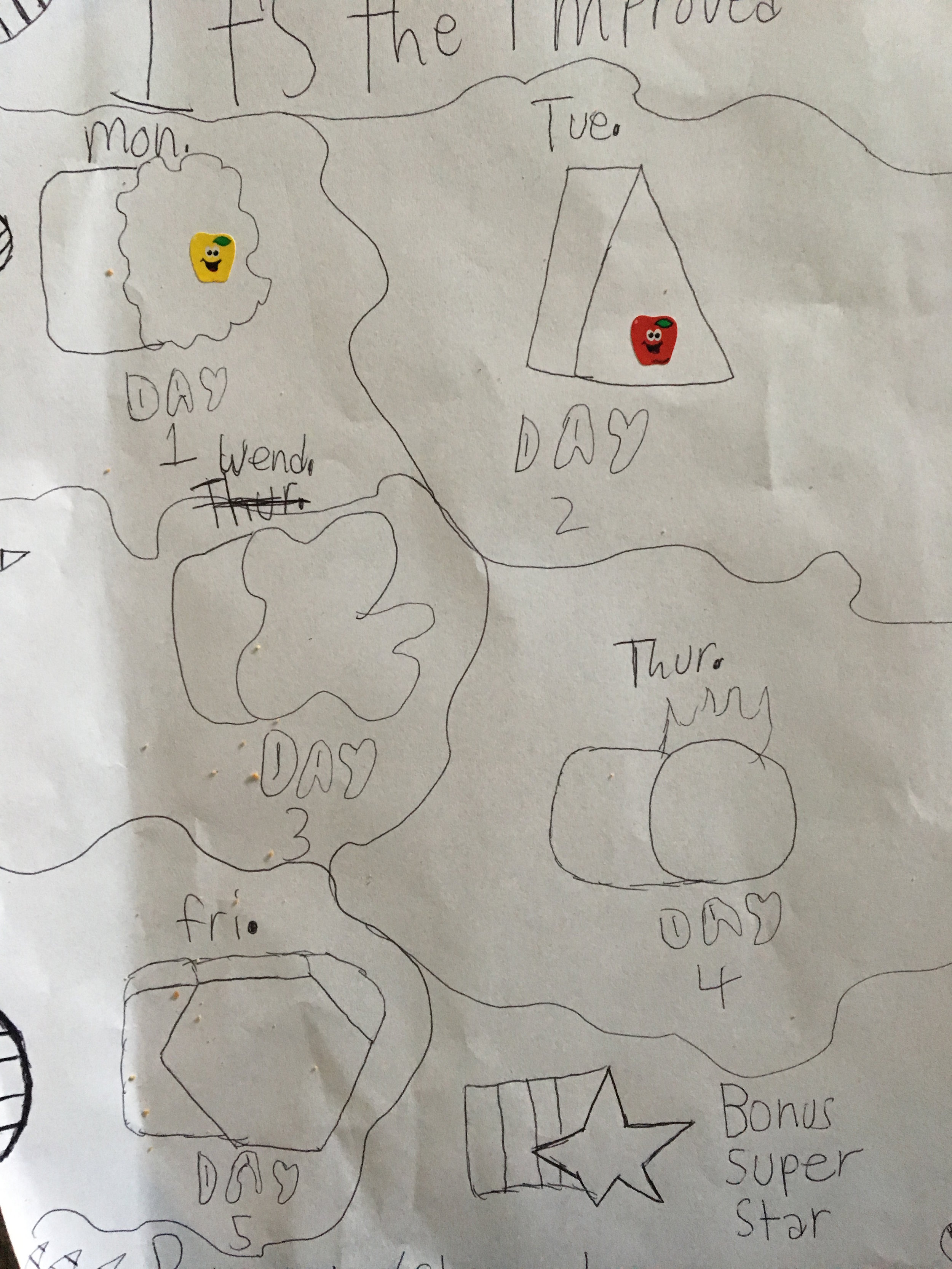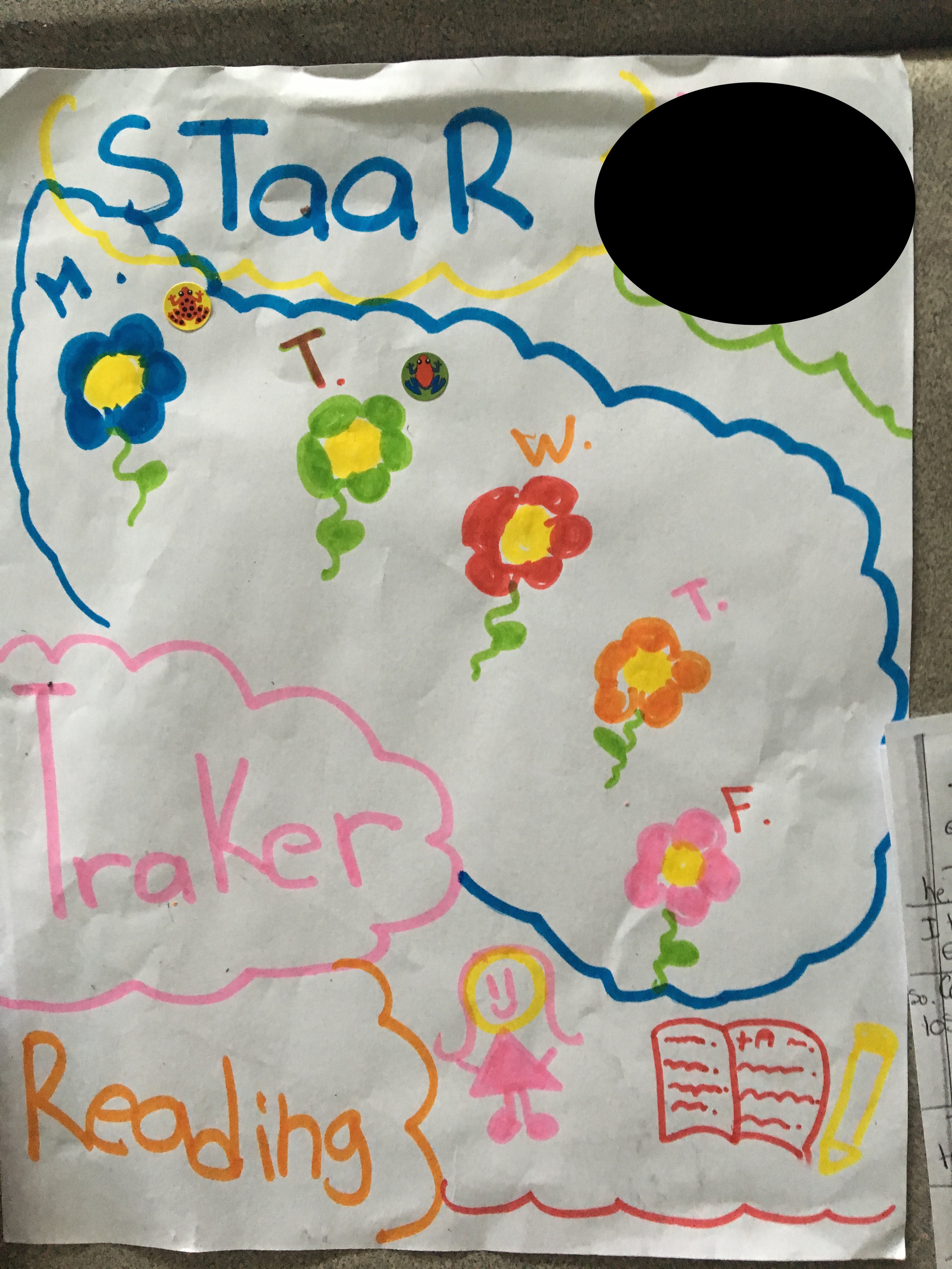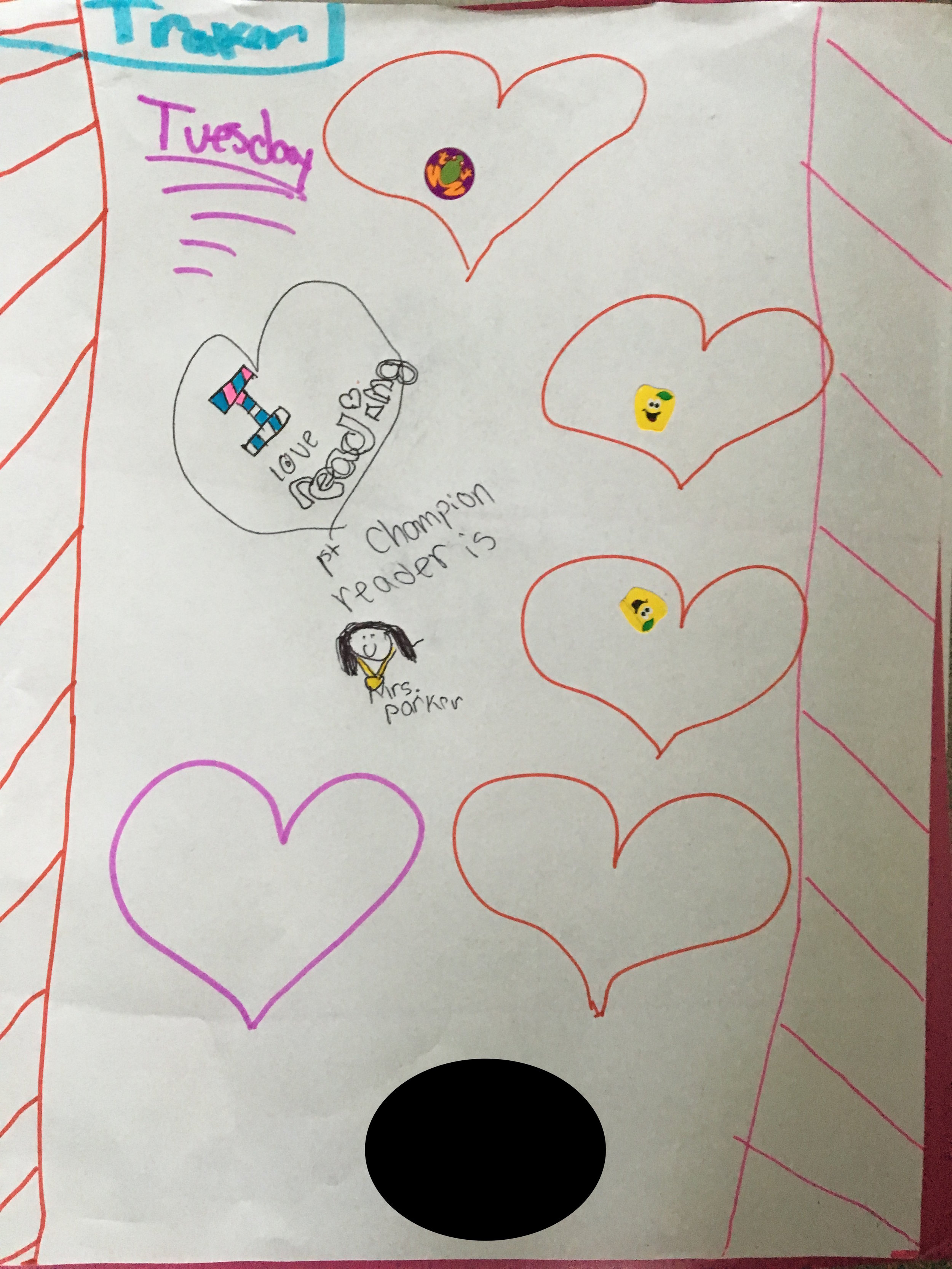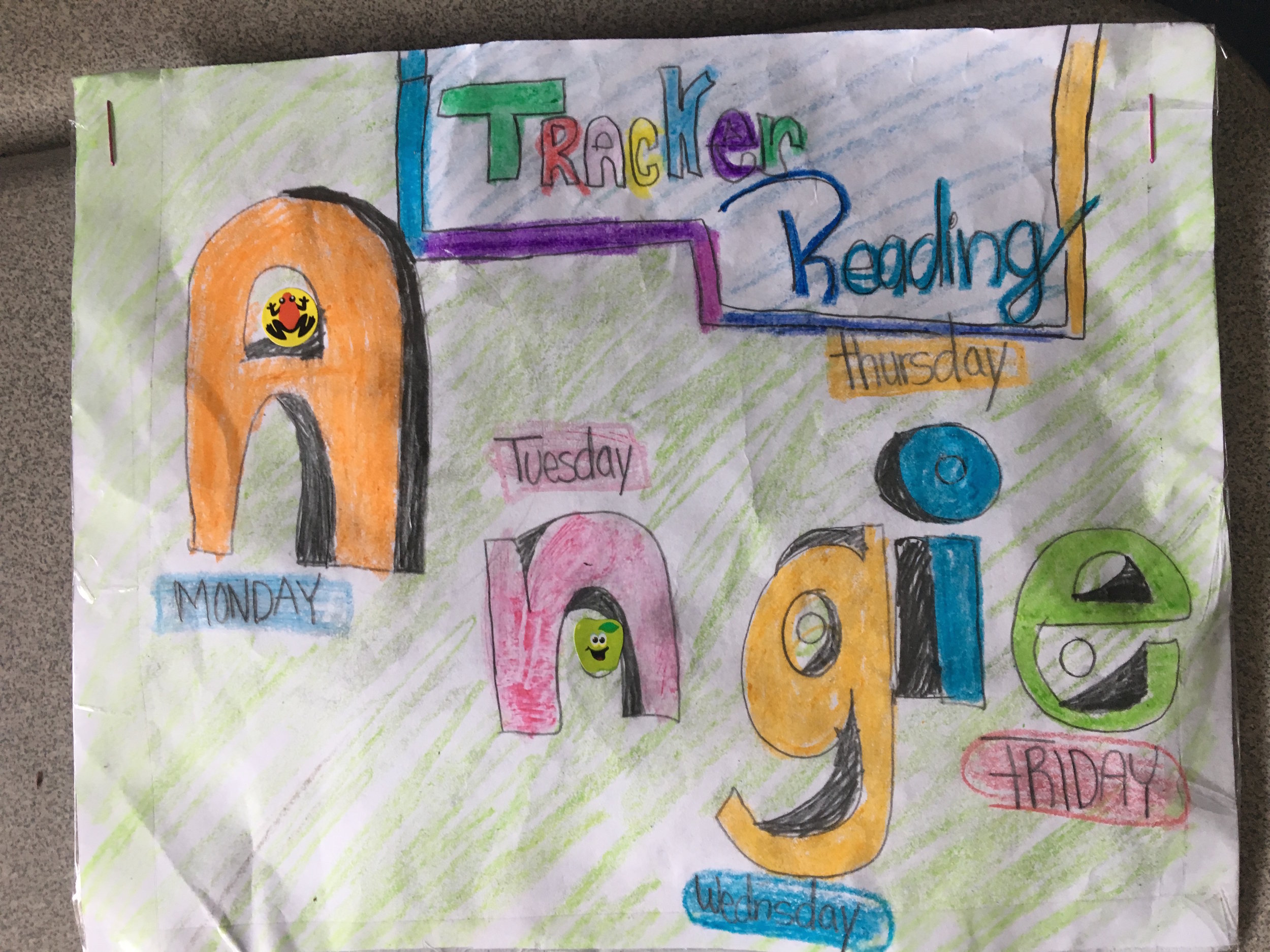What Happened Next in San Francisco
1.
These are sentences from my notebook from the last 8 months. I’m putting them in their place, shuffling my cards so I can make a new hand. Two-thirds of a year. I’m not old enough, yet, to count time too closely. But I moved here on purpose. I shifted my storyline with so much intention. I’m curious to find out what happened next.
2.
When the tide goes out at Ocean Beach, I learned in September, the Bay is emptying like a bathtub. We drank beers in the haze and the boys surfed. Don’t get used to this, everyone said. The city steamed in the day but by evening was like the cool side of the pillow. I loved California already for its peaches and plums, stayed up too late baking pluots into pie.
During the heat wave, I saw homeless San Francisco at the San Francisco Public Library, washing in the public restrooms and napping in the corners. I saw startup San Francisco at Uber, eating beet chips in the cafeteria and holding meetings in backlit spaceship chairs. Hayes Valley felt like a chic French village at night and the Mission felt like McAllen’s tough cousin, muscled with murals and garbage. The city smelled like eucalyptus and pot and urine, a city of dreams and dreams deferred or never even dreamt.
Right after I got hired, I pretended I was comfortable holding an old fashioned at a fancy restaurant under the highway in SoMa, asking the Mayor of Charlottesville for his unvarnished stories while picking at a cheese platter. 24th Street was better. Sage, drums, girls in feathered headdresses riding slowly down the street. Hair salons making an extra buck by painting faces. The small of pan de muerto in fluorescent-lit bakeshops where the grandma only speaks Spanish but the grandson prefers English. You’re welcome.
I came back to SF in January to skies that turned pink before rain. I came back to the sunrise cracking over the Transamerica tower, late to work. I came back to weekends golden and liquid. I bought a wetsuit and surfed, noticing when I breathed into the wall of water and stood up, and when I just said shit. I biked up and down Golden Gate and Folsom and Oak. I spoke in meetings. I walked in and out of bodegas and fish shops and Chinese grocery stores. I owned a view of San Francisco from a second-story window. The whole city spread below like a picnic blanket and the Salesforce Tower was a delicious rainbow fish.
“You can see why people stay out here,” my east coast parents said, after a day of riding bikes through the Presidio. We took a ferry across to Alameda like a late-night vaporetto ride in Venice. We ran through Golden Gate Park like it was our New Jersey loop. But we ate in the Outer Sunset and I told them how this city felt like nowhere else, like something I could only build myself.
Spring: the rain that makes everything green, exhilarated. The rain that highlights the homeless. Everyone with a place to go evaporates, and everyone in tents or bus stations is left on misty streets like a soggy paper bag. Spring evenings still felt soft like in high school. Days felt bright and raw and the surf was choppy and the coast south was jagged, new.
It’s baseball season now and I run after work. I run along the Embarcadero, I run past the stadium, I run into electric scooters on the sidewalks. I found a place by the Bay where the water is still and the path peters out like writing you’ve erased. I keep running. I haven’t been here long enough to own anything. From my house, you have to run up a hill in either direction to get a view. Then the sun drops into the Pacific and mist rolls across the mountains in Marin like you made it happen.


